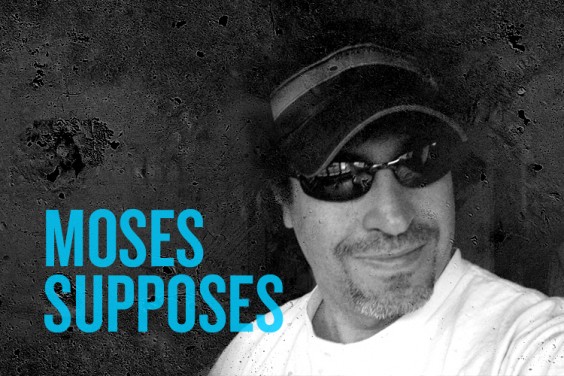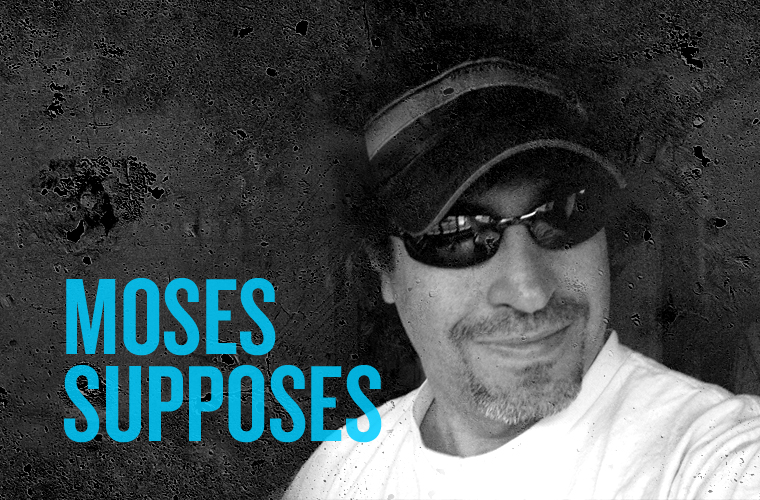Moses Avalon is one of the nation’s leading music-business consultants and artists’-rights advocates and is the author of a top-selling music business reference, Confessions of a Record Producer. More of his articles can be found at www.mosesavalon.com.
You’ve heard it before: “It takes money to make money.” But getting start-up capital requires more than just talent. It means learning to communicate with investors. A business plan is a basic requirement. Sadly, the daunting task of creating one keeps many musicians from their well-deserved success. How can artists, who are not known for their business acumen, get past this major hurdle without blowing their start-up budget or feeling like corporate beggars? Here’s how.
The following is a sample chapter/excerpt from the revolutionary tell-all book by music business veteran, Moses Avalon, called 100 Answers to 50 Questions on the Music Business. Enjoy.
I’ve heard it over and over again from my younger clients: “Do I really need a business plan?” Simple answer, yes, you do…and yes, I know this sucks. This is the part where they start bargaining with themselves: “Why do I have to write this down — isn’t it obvious how we intend to make money?” Another simple answer: no, not to your would-be investors. Their exposure to the music business is probably the mainstream press, who tells them the industry is crumbling.
Over the past few years, even major labels have had to justify costs and income projections to their stockholders with written business plans. So why shouldn’t you?
You have a great product (your music), but you need to think of your act just as any other start-up business. With banks failing and our economy in a state of trauma, your potential investors are scared out of their minds about what to do with their money. If they are even considering investing in a musical group, then they are brave. You need to make them comfortable.



